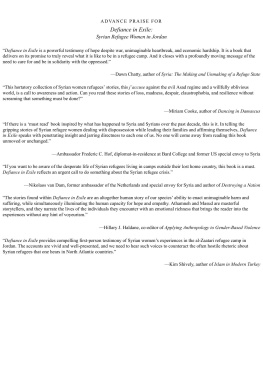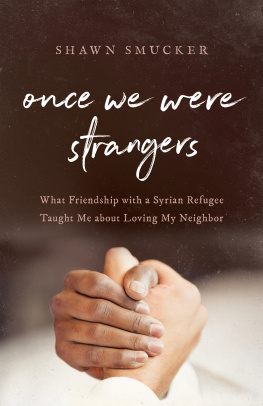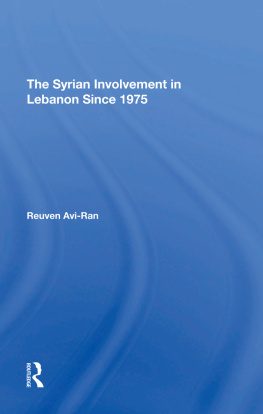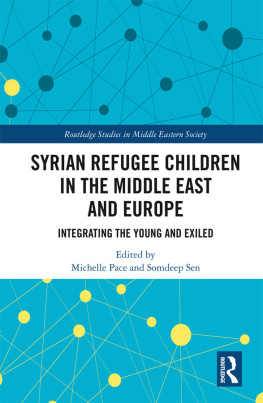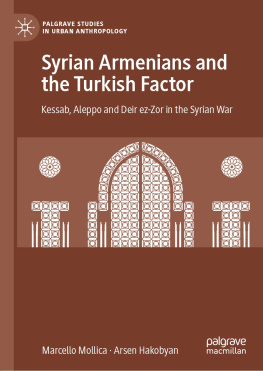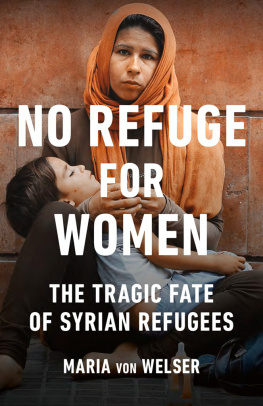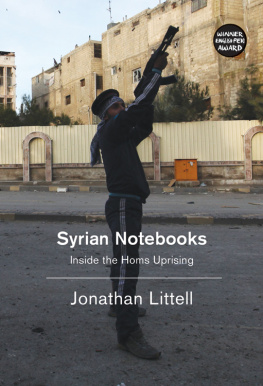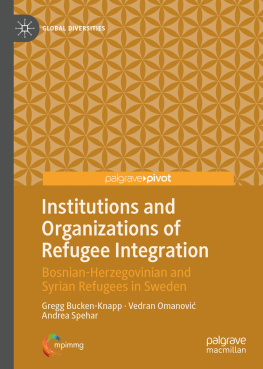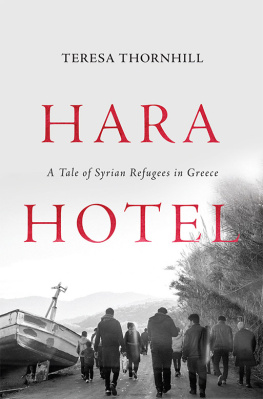Waed Athamneh - Defiance in Exile: Syrian Refugee Women in Jordan
Here you can read online Waed Athamneh - Defiance in Exile: Syrian Refugee Women in Jordan full text of the book (entire story) in english for free. Download pdf and epub, get meaning, cover and reviews about this ebook. City: Notre-Dame, year: 2021, publisher: University of Notre Dame Press, genre: Art. Description of the work, (preface) as well as reviews are available. Best literature library LitArk.com created for fans of good reading and offers a wide selection of genres:
Romance novel
Science fiction
Adventure
Detective
Science
History
Home and family
Prose
Art
Politics
Computer
Non-fiction
Religion
Business
Children
Humor
Choose a favorite category and find really read worthwhile books. Enjoy immersion in the world of imagination, feel the emotions of the characters or learn something new for yourself, make an fascinating discovery.
- Book:Defiance in Exile: Syrian Refugee Women in Jordan
- Author:
- Publisher:University of Notre Dame Press
- Genre:
- Year:2021
- City:Notre-Dame
- Rating:4 / 5
- Favourites:Add to favourites
- Your mark:
Defiance in Exile: Syrian Refugee Women in Jordan: summary, description and annotation
We offer to read an annotation, description, summary or preface (depends on what the author of the book "Defiance in Exile: Syrian Refugee Women in Jordan" wrote himself). If you haven't found the necessary information about the book — write in the comments, we will try to find it.
This book offers a glimpse into Syrian refugee womens stories of defiance and triumph in the aftermath of the Syrian uprising.
The al-Zaatari Camp in northern Jordan is the largest Syrian refugee camp in the world, home to 80,000 inhabitants. While al-Zaatari has been described by the Western media as an ideal refugee camp, the Syrian women living within its confines offer a very different account of their daily reality. Defiance in Exile: Syrian Refugee Women in Jordan presents for the first time in a book-length format the opportunity to hear the refugee womens own words about torment, struggle, and persecutionand of an enduring spirit that defies a difficult reality. Their stories speak of nearly insurmountable social, economic, physical, and emotional challenges, and provide a distinct perspective of the Syrian conflict.
Waed Athamneh and Muhammad Musad began collecting the testimonies of Syrian refugee women in 2015. The authors chronicle the history of Syrias colonial legacy, the torture and cruelty of the Bashar al-Assad regime during which nearly half a million Syrians lost their lives, and the eventual displacement of more than 5.3 million Syrian refugees due to the crisis. The book contains nearly two dozen interviews, which give voice to single mothers, widows, women with disabilities, and those who are victims of physical and psychological abuse. Having lost husbands, children, relatives, and friends to the conflict, they struggle with what it means to be a Syrian refugeeand what it means to be a Syrian woman. Defiance in Exile follows their fight for survival during war and the sacrifices they had to make. It depicts their journey, their desperate, chaotic lives as refugees, and their hopes and aspirations for themselves and their children in the future. These oral histories register the womens political outcry against displacement, injustice, and abuse. The book will interest all readers who support refugees and displaced persons as well as students and scholars of Middle East studies, political science, womens studies, and peace studies.
Waed Athamneh: author's other books
Who wrote Defiance in Exile: Syrian Refugee Women in Jordan? Find out the surname, the name of the author of the book and a list of all author's works by series.

